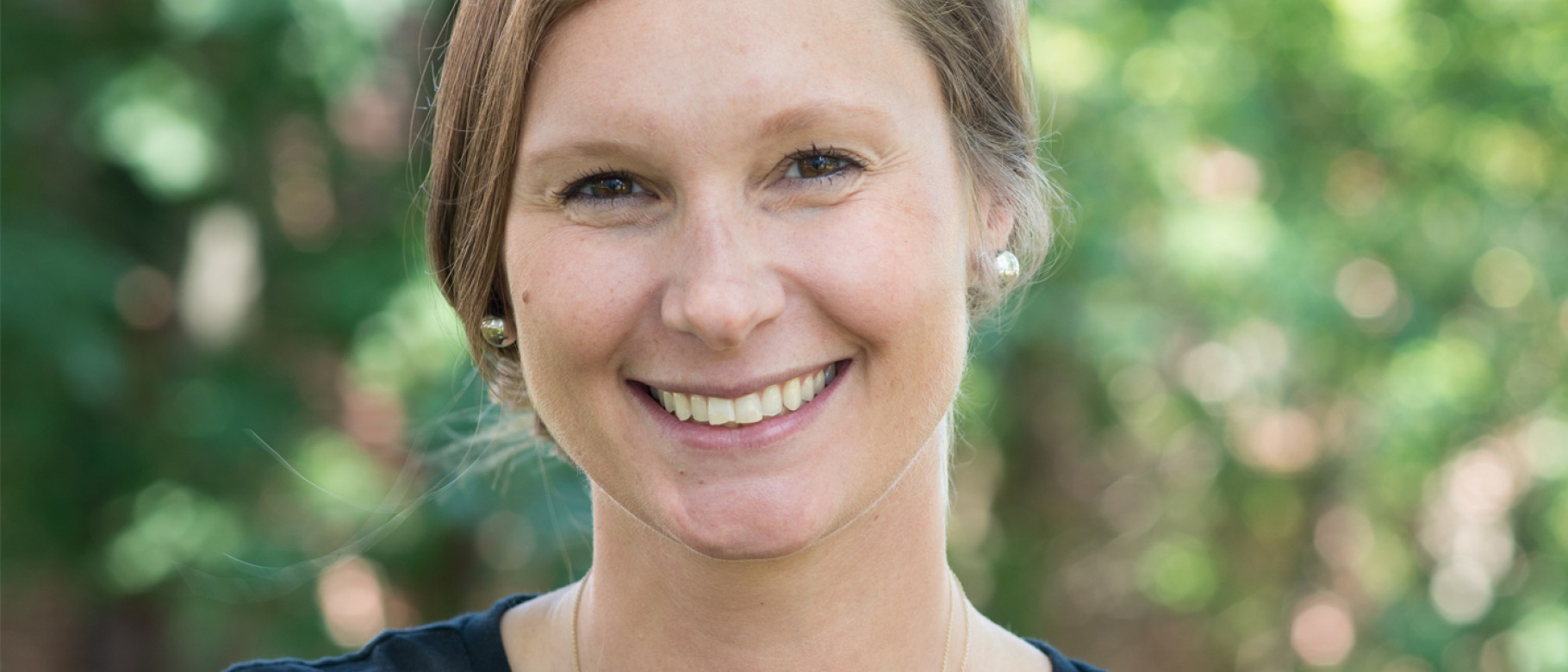Julie Longua Peterson’s research challenges traditional assumptions about self-love in healthy relations

Julie Longua Peterson, Ph.D., associate professor in the Department of Psychology and director of the Women’s and Gender Studies program, recently published an article with student co-authors, Alex Bellows (Psychology, ’15), Beth Giguere (Psychology, ’15) and Jannelle Sherman (Psychology, ’17).
The paper, titled “Partner self-esteem and interpersonal risk: Rejection from a low self-esteem partner constrains connection and increases depletion,” appears in the Journal of Experimental Social Psychology.
The research found that rejection from a low self-esteem partner, versus a high self-esteem partner, increases connection-inhibiting behavior during conflict, reduces accessibility to connection related thoughts in memory and is experienced as mentally exhausting.
These effects emerge despite evidence from both self-report and independent coding that rejection from a low self-esteem partner is not more painful than rejection from a high self-esteem partner. Instead, people appear to use impressions of others’ self-esteem to determine whether they themselves should reduce dependence on their partners following rejection.
The research used experimental, observational and daily diary methodologies.
Peterson’s work challenges traditional assumptions about the importance of self-love in healthy relationships. How a person’s partner feels about their worthiness of love and acceptance, she says, may be the ticket to understanding that person’s own responses to relationship threats.